Foods to help you….Sleep
Sleep is so underrated, undervalued and under used in the health space.
In a time where people highly value productivity, busy-ness and growth, we are missing a crucial part that helps us perform at our best…sleep.
A good night’s sleep can improve mental health, reduce anxiety and depression, regulate hormones and metabolism, regulate our hunger and fullness cues, and the obvious one…give us energy to get through our busy lives. Yet most people average between 5-7hrs of sleep per night when the recommended is closer to 7-9hrs.
Getting enough sleep is personal, and you will likely find you have your own rhythm where you might only need 7hrs whereas I personally run better on 9, even 10 hours of sleep a night. Finding that rhythm can be tricky if you have gotten into the habit of staying up late and rising early, but a few sleep hacks like a good sleep routine will get you feeling energised and rested in no time.
Feeling sleepy is largely thanks to a hormone called Melatonin — this hormone comes out at night and regulates our circadian rhythm, the internal body clock that tells us when it’s time to wake up and when it’s time to go to sleep. It’s this hormone that can get out of whack when we fly across the globe, but also when we are up all night on our laptops, phones and other blue light devices. This blue light tells our body it’s not time to release melatonin so dimming the lights at night can be a useful way to regulate that melatonin production.
Melatonin is on a similar production pathway to serotonin — the happy hormone. Actually, we need serotonin to make melatonin and to do that we need an amino acid (a protein) called tryptophan. Tryptophan is found in foods such as whole milk, eggs, nuts and seeds, oats, legumes, turkey and chicken so incorporating some of these foods daily can be a beneficial way to ensure you are getting tryptophan in your diet.
Magnesium is another powerful nutrient involved in muscle relaxation and can help as a natural relaxant. Foods high in magnesium are nuts and seeds, legumes, green leafy vegetables, banana and avocado.
Vitamin B6 is involved in converting that amino acid tryptophan into melatonin so to ensure you are getting the most out of your tryptophan foods, include some of these foods high in B6 as well: oats, banana, fish, pork and edamame.
Food is medicine and there comes a point where you might need some extra support with supplements or medication, but before you get to that point, try these changes to your diet first. You won’t only notice a difference in your sleep, but in other areas as well - most of these foods are great for your gut health, which in turn supports your mental health, hormonal health and your immune system. The body is interconnected and far more advanced than we care to appreciate. When you look after your body, it looks after you.
When you make sleep a priority, you start to feel energised in the morning, through to sunset. You are more productive, and you work more efficiently. You might feel like you have to be on call for your clients, your business or your boss 24/7 but that is unreasonable. When you prioritise sleep, you are actually going to serve your clients, your business, your boss, your partner, your family and yourself SO much more.
Now, start dimming your lights, turn your phone and laptop off an hour before you are going to bed, and unwind. Include some of these tryptophan, magnesium and B6 rich foods into your everyday, and if you don’t know how…I know a great nutritionist you can ask!
Sleep tight,
Ellie x
